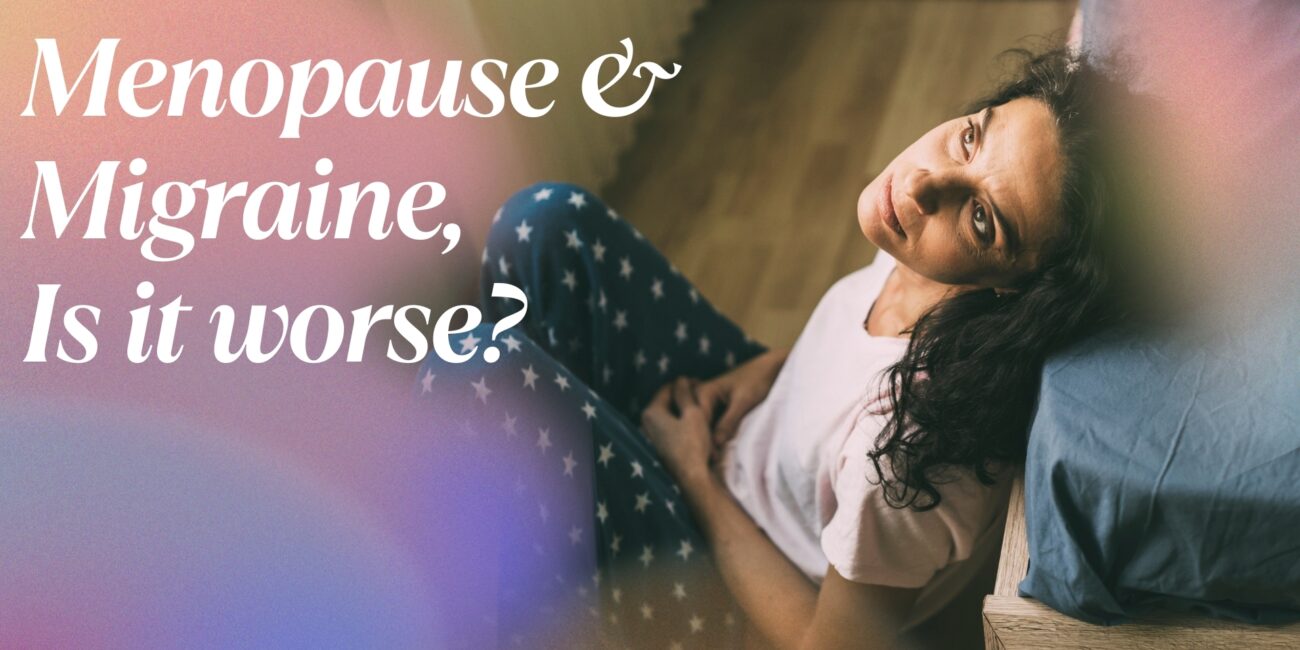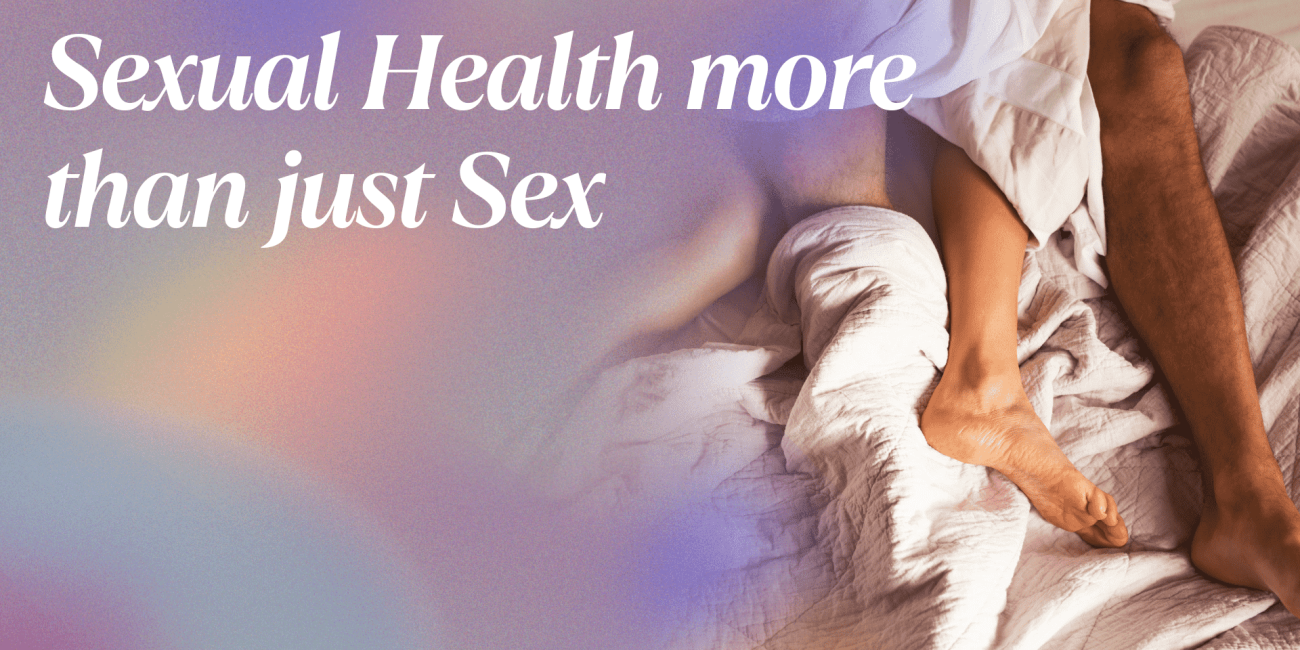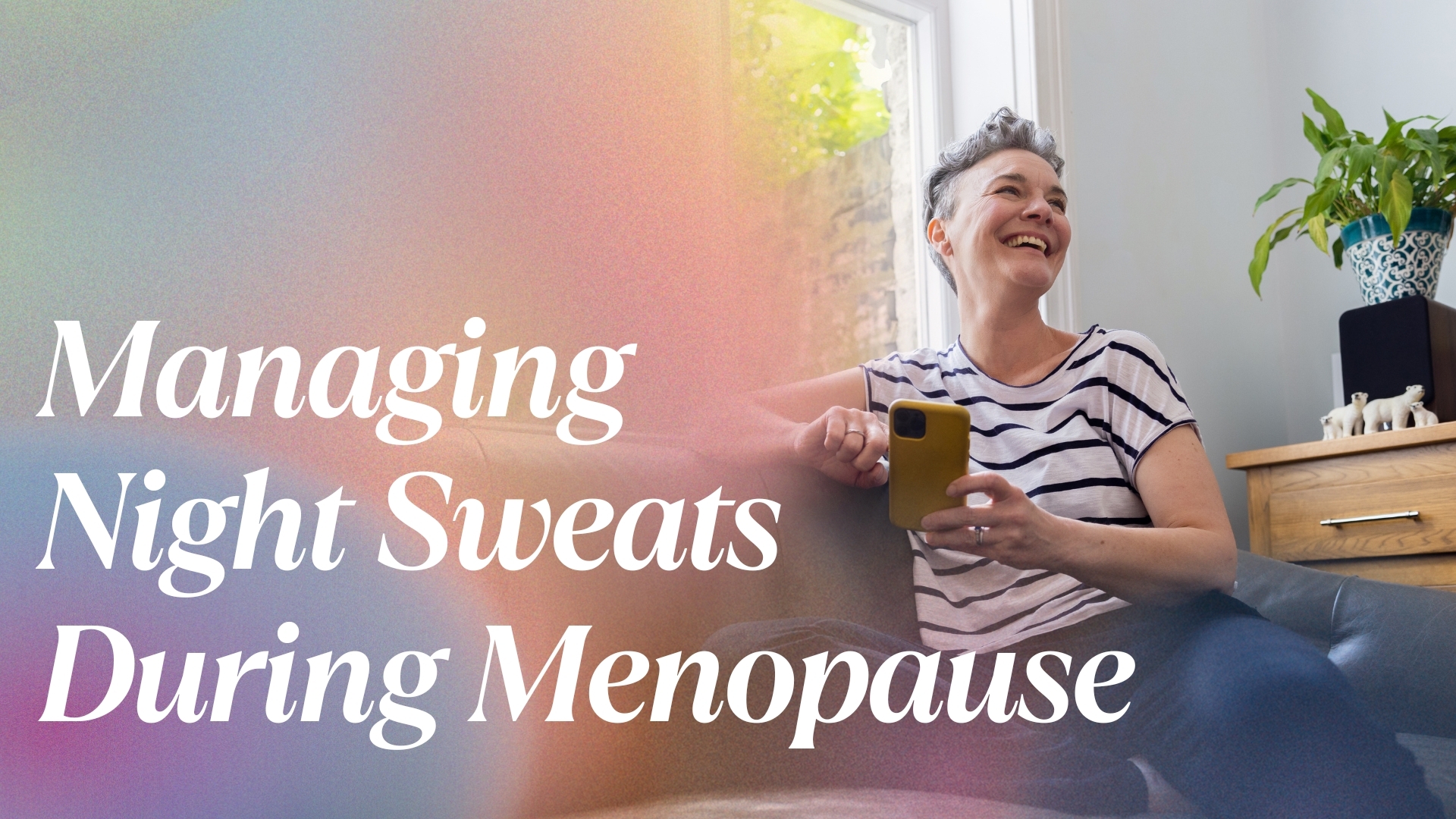How to Effectively Manage Night Sweats During Menopause for Lasting Relief
Night sweats, or nocturnal hot flushes, are a common and disruptive symptom during perimenopause and menopause. These sudden surges of body heat followed by intense sweating can interfere with sleep quality and negatively impact overall health. Learning about the causes, symptoms, and effective ways to manage night sweats is crucial for women navigating this hormonal transition. Find out how to minimize the discomfort and restore better sleep for improved well-being.
Understanding Night Sweats:
Why Exactly Do Night Sweats Occur? Night sweats occur primarily due to hormonal fluctuations during menopause, particularly the decline in estrogen levels. Estrogen plays a vital role in regulating the body’s temperature control system. As these hormone levels tend to drop, the body’s thermo-regulation the process by which the body maintains its internal temperature within a narrow, optimal range despite external temperature changes can become disrupted, leading to sudden feelings of heat, known as hot flushes, that often occur at nights.
Symptoms of night sweats:
The symptoms of night sweats often begin with an intense feeling of heat that starts in the upper body and spreads to the face and neck, followed by profuse sweating that can soak through nightclothes. Once the sweating subsides, it’s common to feel chilled, which disrupts sleep and makes it hard to get comfortable again. Many women experience difficulty falling asleep or staying asleep, leading to frequent awakenings throughout the night and resulting in poor sleep quality and fatigue.
What impact does night sweats have on my well being ?
Night sweats have a huge impact on a woman’s well-being through which they can lead to many issues like greatly disrupt sleep quality, causing daytime fatigue, difficulty concentrating, irritability, mood swings, and a decreased libido. Over time, these disruptions can have serious effects on overall health and well-being, making it essential to address and manage night sweats effectively.
What are the Management Strategies:
- Maintain a Cool Bedroom Temperature: Keeping your bedroom between 60-67°F (15.5-19.4°C) can help you create a comfortable environment that supports restful sleep.
- Choose Breathable Fabrics: Try to wear loose-fitting pajamas made from natural fibers like cotton to promote airflow and reduce discomfort when you experience these symptoms.
- Avoid Triggers Before Bed: Limit caffeine and alcohol intake in the evening, as they can worsen hot flushes and night sweats.
- Manage Stress: Practice relaxation techniques like yoga or meditation to reduce stress, which can trigger night sweats and disrupt sleep.
- Maintain a Regular Sleep Schedule: Establish consistent bed and wake-up times to regulate your sleep-wake cycle and enhance sleep quality.
What Treatment Options are Available:
- Hormone Therapy (HT): A widely used treatment for managing menopause symptoms, hormone therapy involves the replacement of declining hormones, particularly estrogen, to relieve hot flushes and this perspiration. But HRT has its own side effects and It’s essential to consult with a healthcare provider to evaluate the potential risks and benefits of this approach or you can opt for alternative options like Coolzen to deal with them.
- Over-the-Counter Medications: Some over-the-counter medications, such as low-dose aspirin or ibuprofen, may help alleviate the frequency and severity of hot flushes and night sweats. However, their effectiveness can vary from person to person, so it’s important to monitor your response.
- Prescription Medications: For women who find that hormone therapy and over-the-counter options are insufficient, healthcare providers may prescribe specific medications designed to manage night sweats and enhance sleep quality, providing a more tailored solution to this common menopause symptom.
Conclusion:
Night sweats are a prevalent and disruptive symptom of menopause, but there are effective management strategies to alleviate discomfort and promote restful sleep. By adopting healthy lifestyle changes, considering various treatment options, and seeking guidance from healthcare professionals, women can better navigate this challenging phase of hormonal transition. If sleep sweats significantly interfere with sleep or lead to distress, it’s essential to consult a healthcare provider for personalized management strategies and appropriate treatment options. Taking proactive steps can enhance overall well-being and improve quality of life during this transitional period.
Sources:





 No products in the cart.
No products in the cart.